Sponsored weddings: a tradition for the Instagram generation
Brides and grooms are cashing in on brand deals to help cut costs
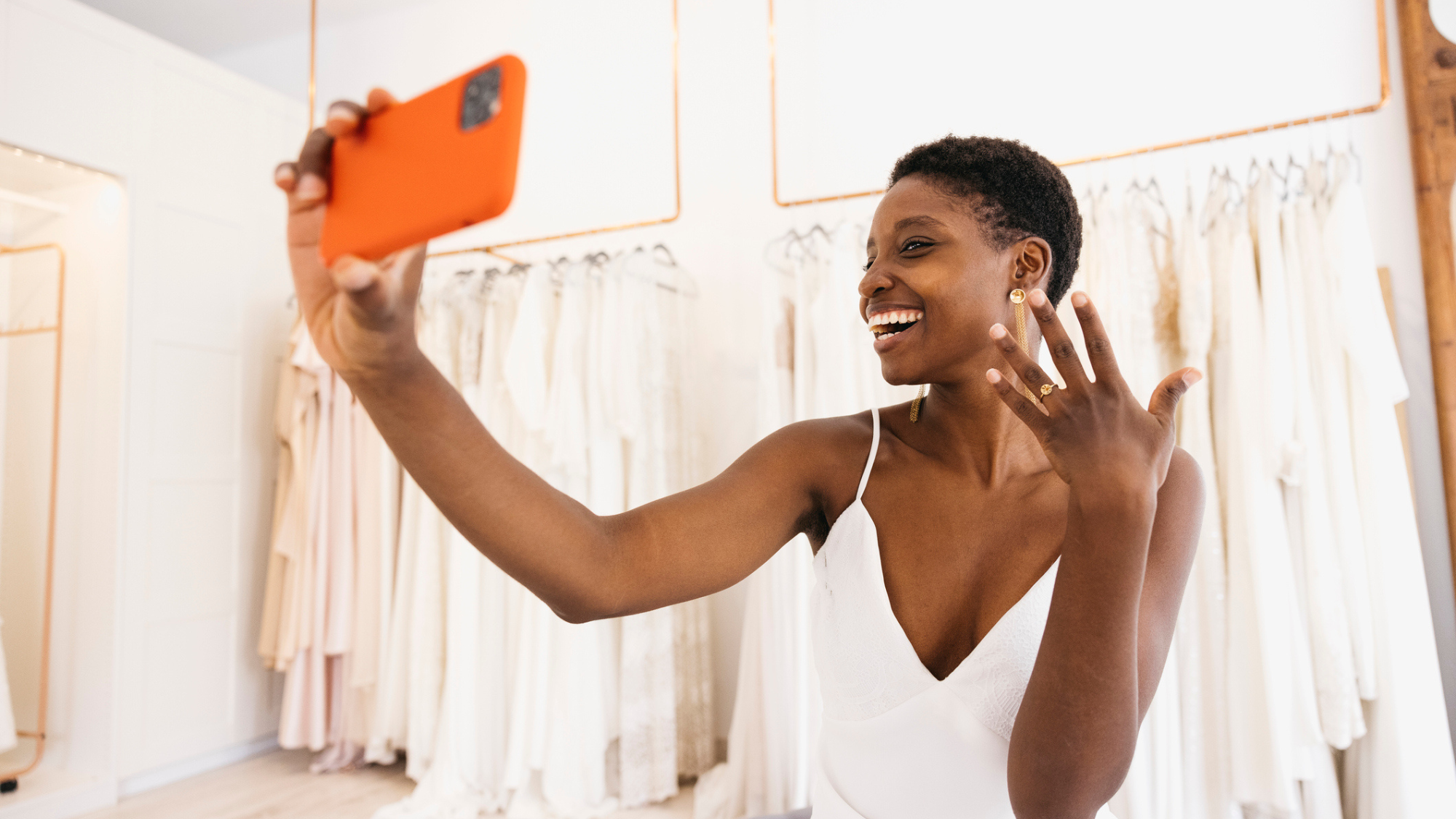
A free daily email with the biggest news stories of the day – and the best features from TheWeek.com
You are now subscribed
Your newsletter sign-up was successful
Brand partnerships and sponsored posts are part and parcel of being a social media influencer – and that increasingly includes saying "I do" to sharing even their most private moments.
Weddings can make for great online content, but tying the knot is "costing more than ever", said The Times. According to Hitched.co.uk, the average cost rose to £18,400 last year, up by 6% from 2021 and by 102% since 2020, when pandemic restrictions devastated the wedding industry.
Now, the industry is "grappling with a new problem", as influencer brides and grooms seeking "to save their pennies" while still impressing their followers fuel the rise of the "sponsored wedding".
The Week
Escape your echo chamber. Get the facts behind the news, plus analysis from multiple perspectives.

Sign up for The Week's Free Newsletters
From our morning news briefing to a weekly Good News Newsletter, get the best of The Week delivered directly to your inbox.
From our morning news briefing to a weekly Good News Newsletter, get the best of The Week delivered directly to your inbox.
Scoring freebies
Inflation and "wage stagnation" have made weddings "a budgeting nightmare", said the New York Post. So some couples are using "their social media savvy" to "score freebies" and "save tens of thousands" on everything from drinks to bridesmaids' dresses.
The trend has been developing for a while. In 2018, fashion influencer Chiara Ferragni and rapper Fedez staged a "wedding festival" during which "every opportunity for sponsorship was taken", said Vogue Australia. Actor Priyanka Chopra and singer-songwriter Nick Jonas also jumped onto the "sponsored wedding bandwagon" later that year, with sponsors including Amazon getting online shout-outs during the multiday event.
Would-be stars with far smaller followings are getting in on the act too. "Everyone's an influencer these days," party stylist Amanda Orso told the New York Post, "and even if you're not, brands are giving away things for free to get exposure and free advertising."
The end of romance?
The wedding industry has faced "a tough few years" after losing more than £5.2 billion during the pandemic, said The Times. And while sponsoring weddings can pay off, many businesses are struggling to hand out "freebies" that are often "particularly time-intensive" to deliver.
A free daily email with the biggest news stories of the day – and the best features from TheWeek.com
"It's not just like a box of make-up that you're getting for free," Hitched.co.uk editor Zoe Burke told the paper. "It's a very bespoke, very tailored service."
Couples may have to accept a lower "quality of service" in return for cutting costs, according to luxury wedding planner Mark Niemierko. The result, said The Times, is that their big day may "look great on social media but be underwhelming for guests".
Another issue is whether "the question of whether a celebration of love should even be sponsored", with critics including Niemierko arguing that the concept is "at odds" with what a wedding "is supposed to be about".
Vogue Australia suggested that having a wedding paid for by "companies and brands with no affiliation to who you are as a couple" is "an unusual way to celebrate finding the love of your life". Using the day to "make money" may well "signal the end of romance", the magazine concluded.
But "for people whose entire lives are sponsored", said Town and Country, should we expect a wedding to be "an exception"? And "can people whose careers revolve around their brands afford to miss out on hawking the ne plus ultra of personal express?"
Julia O'Driscoll is the engagement editor. She covers UK and world news, as well as writing lifestyle and travel features. She regularly appears on “The Week Unwrapped” podcast, and hosted The Week's short-form documentary podcast, “The Overview”. Julia was previously the content and social media editor at sustainability consultancy Eco-Age, where she interviewed prominent voices in sustainable fashion and climate movements. She has a master's in liberal arts from Bristol University, and spent a year studying at Charles University in Prague.
-
 Kia EV4: a ‘terrifically comfy’ electric car
Kia EV4: a ‘terrifically comfy’ electric carThe Week Recommends The family-friendly vehicle has ‘plush seats’ and generous space
-
 Bonfire of the Murdochs: an ‘utterly gripping’ book
Bonfire of the Murdochs: an ‘utterly gripping’ bookThe Week Recommends Gabriel Sherman examines Rupert Murdoch’s ‘war of succession’ over his media empire
-
 Gwen John: Strange Beauties – a ‘superb’ retrospective
Gwen John: Strange Beauties – a ‘superb’ retrospectiveThe Week Recommends ‘Daunting’ show at the National Museum Cardiff plunges viewers into the Welsh artist’s ‘spiritual, austere existence’
-
 Is a social media ban for teens the answer?
Is a social media ban for teens the answer?Talking Point Australia is leading the charge in banning social media for people under 16 — but there is lingering doubt as to the efficacy of such laws
-
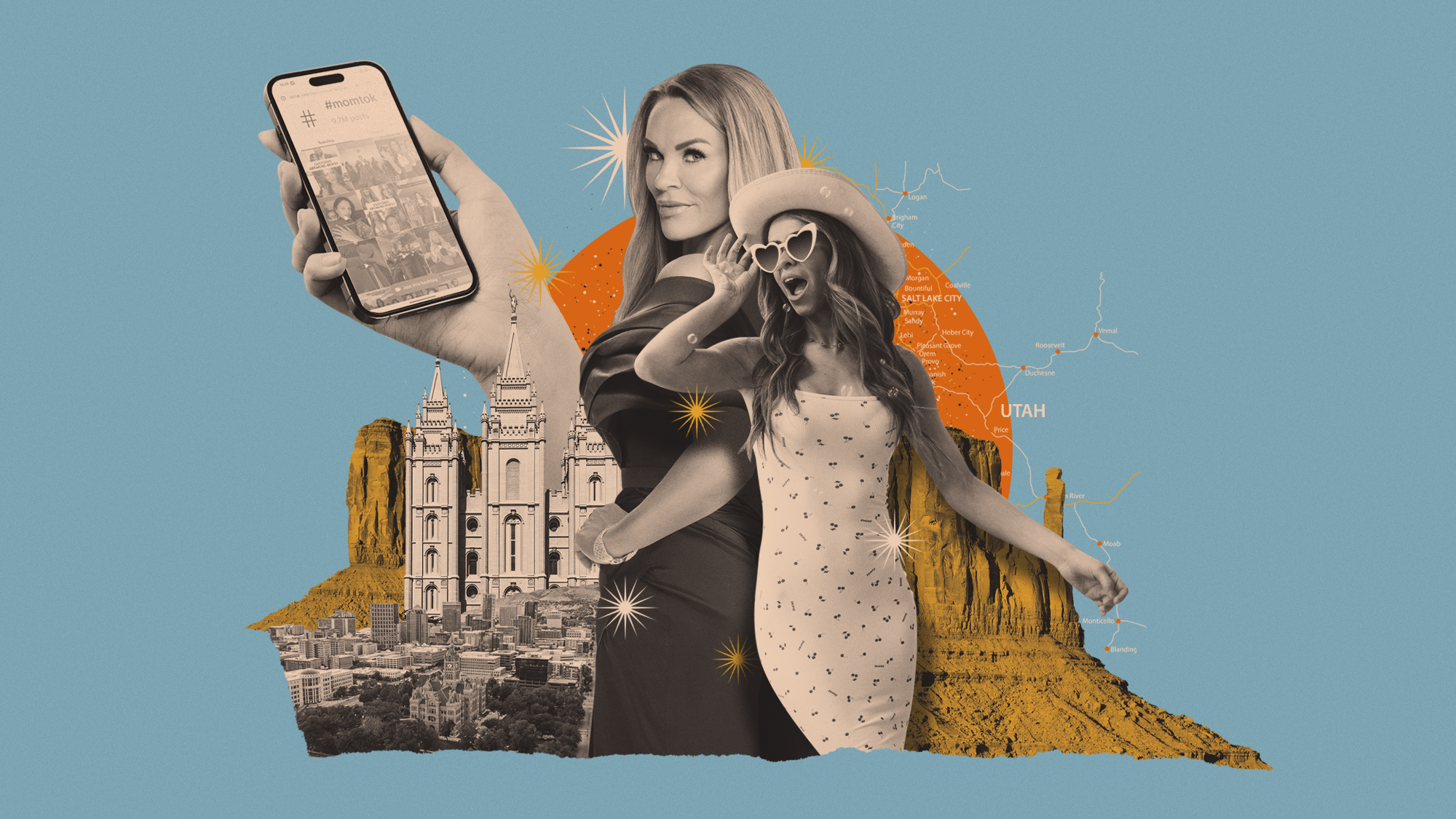 How Utah became a media focal point
How Utah became a media focal pointIn Depth In producing the stars of #MomTok and reality TV alike, Utah has emerged as a media powerhouse
-
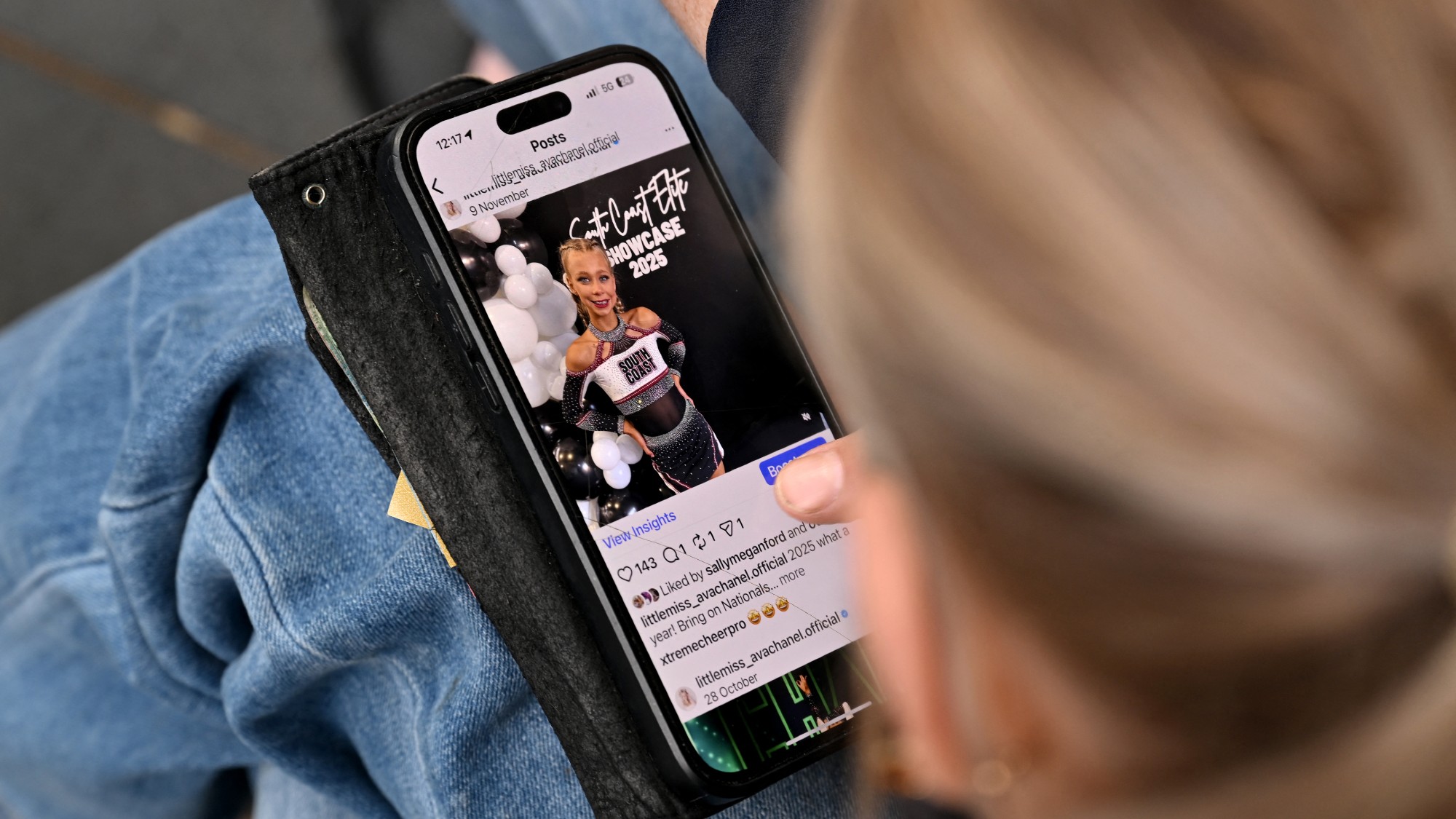 Australia’s teens brace for social media ban
Australia’s teens brace for social media banIn The Spotlight Under-16s will be banned from having accounts on major platforms
-
 Disney bets big on AI, but not everyone sees a winner
Disney bets big on AI, but not everyone sees a winnerTalking Points The company will allow users to create their own AI content on Disney+
-
 Are boomers the real phone addicts?
Are boomers the real phone addicts?In The Spotlight There’s an ‘explosion in screentime’ among older people – and they’re more vulnerable to misinformation
-
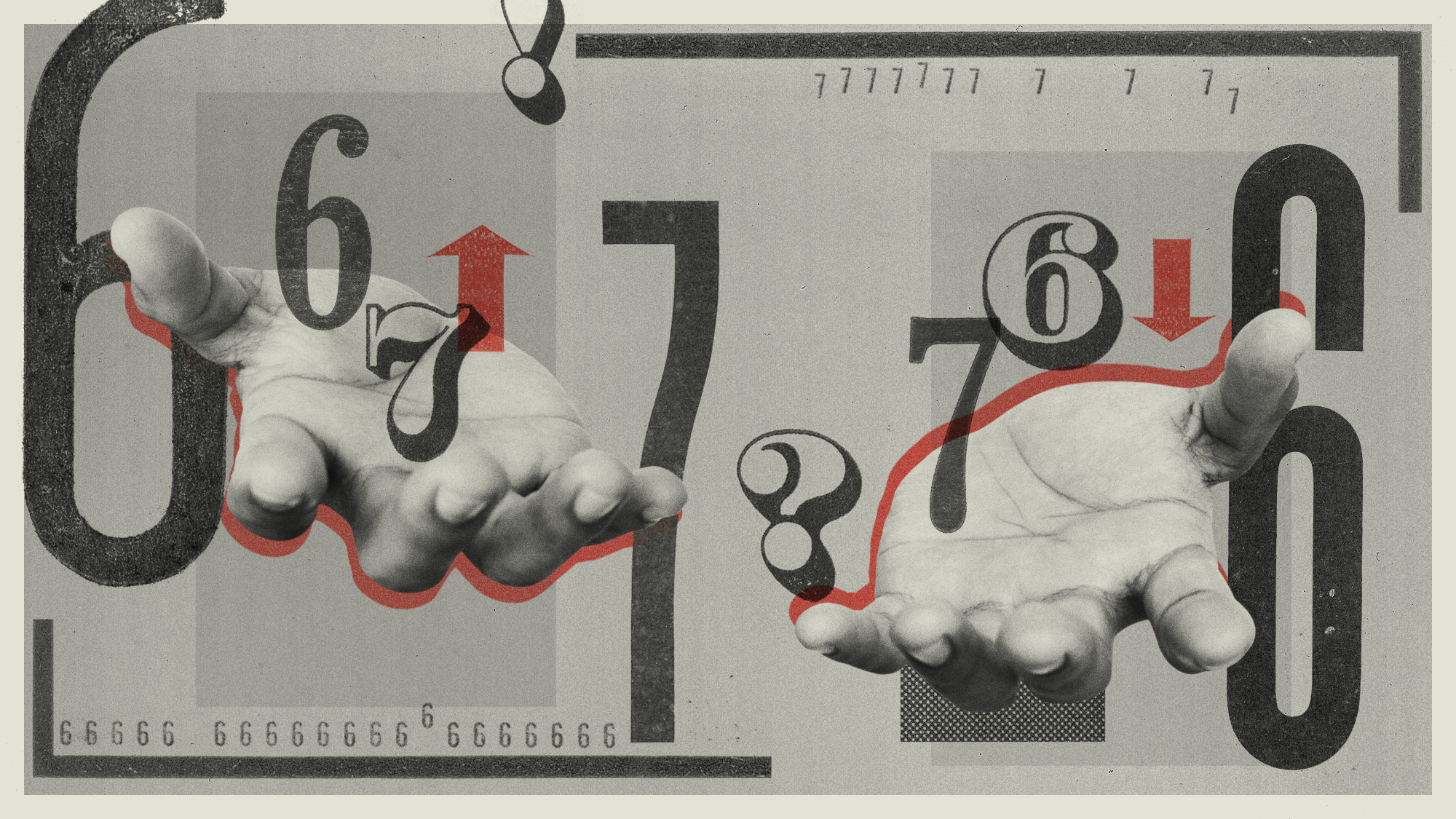 The six-seven meme that has taken over the world
The six-seven meme that has taken over the worldIn the Spotlight With roots in rap and basketball, the phrase has young people obsessed, and it could be here to stay
-
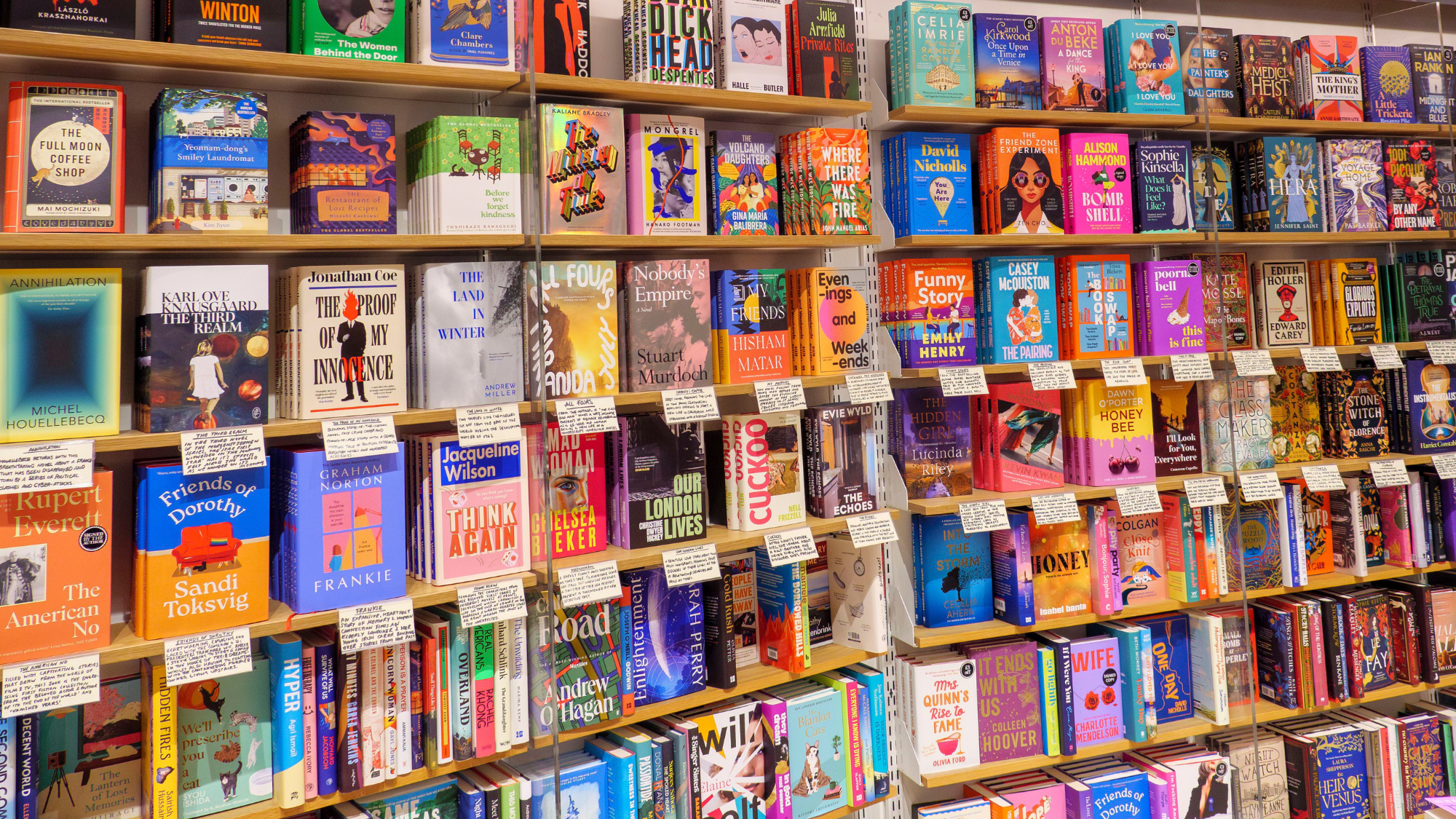 BookTok is reviving publishing – but at what cost?
BookTok is reviving publishing – but at what cost?In The Spotlight Social media recommendations are boosting book sales but critics give the trend mixed reviews
-
 The rise of the performative male
The rise of the performative maleTalking Point What the latest internet trope tells us about gender roles, dating and male illiteracy